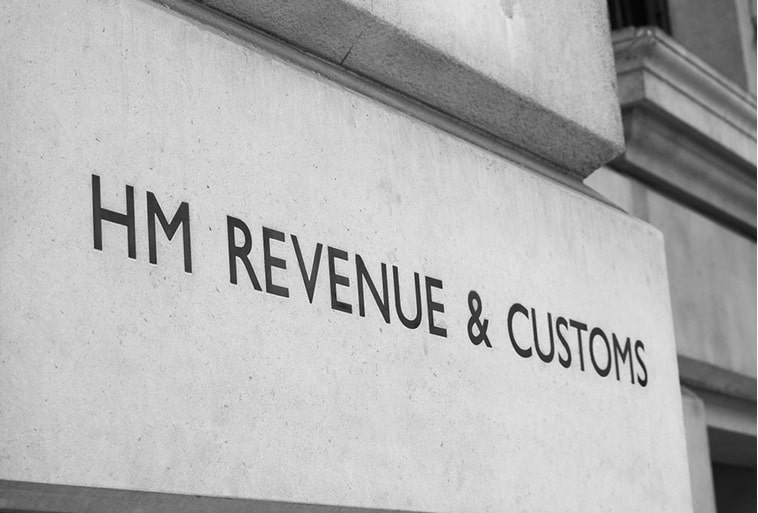VAT Charges for Online Marketplace
More and more people are setting up their own businesses as a result of COVID-19, whether it be because of redundancy or just taking a fresh look at life following lockdown and deciding to make a change.
When these businesses start out though they only have a small client base, so for these vendors the quickest route to get their goods or services to a larger market can be via a third-party online marketplace such as Etsy or Amazon.
Whilst this is an attractive and seemingly simple way to reach new customers, there are some considerations that need to be taken into account when selling in this way, such as commission fees, transaction charges and VAT charges. Things to be aware of include:
- VAT is payable on the full price of the product or service, not the net amount after fees have been paid to the online marketplace.
- If the online marketplace is based outside of the UK, as is often the case, a UK business that is VAT registered must apply the reverse charge on their VAT return.
- If the sales are to EU based customers, as of the 31st December 2020 it is important to remember that the transitional deal ends and VAT will be charged at the rate of the customer’s country where applicable.
- Sales to UK customers will be at standard rate.
- Sales to customers outside of the EU are not liable for VAT.
- Where a business is not VAT registered, any payments to overseas suppliers are treated as taxable sales.
The rules can seem somewhat complicated so if you are unsure about how they apply to your business it is important to seek advice from and accountant who will be able to clarify what VAT payments are due.
If you have any questions or need some assistance then please call us on 01173 700 079 or e-mail hello@steppingstonesaccountancy.co.uk





